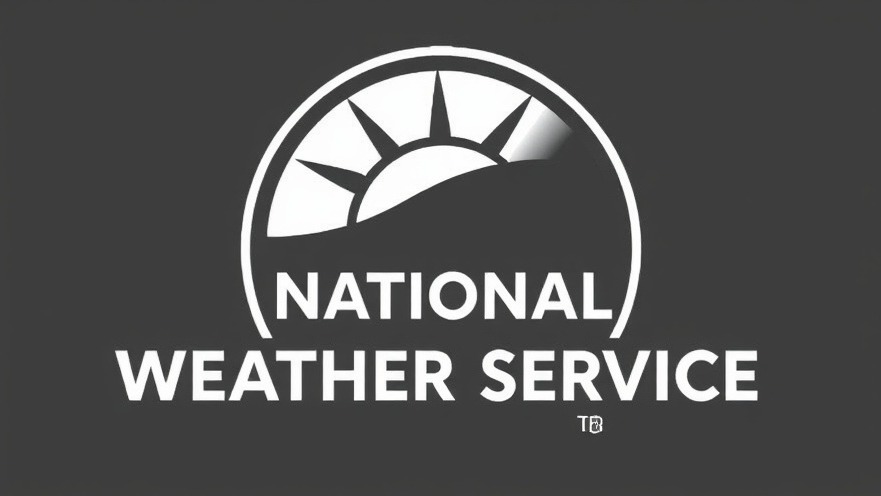
The White House Responds to Criticism of National Weather Service
In the wake of devastating floods that swept through Central Texas, the White House has stepped forward to defend the National Weather Service (NWS) amid rising concerns about the adequacy of its forecasts and the impact of staffing cuts on emergency responses. Press Secretary Karoline Leavitt addressed these issues during a briefing, affirming that the NWS was sufficiently staffed and had delivered timely warnings before the floods that tragically claimed at least 90 lives.
Understanding the Chain of Events Leading to the Floods
On the morning of the floods, the NWS had issued a flood watch predicting substantial rainfall. Yet, severe flooding ensued, leading to criticisms regarding responsiveness from both the White House and local officials. Sen. Chuck Schumer, among others, is calling for an investigation into whether staffing shortages contributed to miscalculations regarding the precipitation levels. The debate over the NWS’s forecasting capabilities underscores broader issues of emergency preparedness in a changing climate.
The Debate Over Staffing Cuts and Their Consequences
A significant factor contributing to the tensions surrounds recent cuts made to the NWS as part of budgetary revisions in the Trump administration. Critics have claimed that these cuts, which led to the layoff of numerous meteorologists, could have hindered the agency's forecasting abilities. The retirement of key personnel who could coordinate timely weather warnings has further amplified concerns about inadequate preparedness for extreme weather events. Greg Waller, a hydrologist with the NWS, insisted that despite staffing changes, the forecasts issued were executed to the best of their abilities.
Community Reactions and Future Preparedness Strategies
As search and rescue operations continue for those still missing, local officials are grappling with how to respond to crises more effectively in the future. U.S. Senator Ted Cruz noted that while it’s important to reflect on the response strategies, he emphasized the need for non-partisan dialogue to evaluate lessons from the tragedy. Moving forward, discussions on how to bolster local emergency services and improve inter-agency communication are essential to mitigating damage during such catastrophic weather events.
Importance of Accurate Weather Forecasting in Emergency Situations
The recent flooding illustrates a critical precarity in emergency management — the relationship between accurate weather forecasting and timely governmental response. Effective communication from forecasting agencies is paramount in delivering life-saving directives and ensuring public compliance with safety measures. This incident has brought to light the need for a national reevaluation of disaster response protocols, focusing on the importance of maintaining robust forecasting capabilities, especially in the face of climate change.
The Path Forward: Policy Revisions for Enhanced Safety
This tragedy has highlighted the pressing need for policy adjustments concerning weather forecasting and emergency preparedness. Moving forward, it may be necessary to consider legislative measures that provide for the reinstatement of staffing levels within the NWS and reinforce training protocols. Ensuring that local offices are equipped and prepared to respond swiftly to emergencies can save countless lives and minimize destruction. The conversation around better funding and resources for the NWS will be vital in shaping future weather management strategies.
Reflections on Lessons Learned from Texas Floods
As Texas grapples with the aftermath of this disaster, the dialogues provoked by it may serve as catalysts for impactful change. If the floods have taught authorities anything, it is the urgent need for enhancements in emergency response mechanisms. Recognition and rectification of past missteps can ultimately pave the way for a safer and more informed public, capable of weathering future storms.
In conclusion, the tragic flooding in Central Texas should inspire collective action aimed at preventing similar occurrences in the future. Ensuring robust forecasting and effective emergency management can significantly reduce the human toll of natural disasters. Raising public awareness and discussing these issues in political forums is essential for fostering resilience in the face of climate-induced challenges.
 Add Element
Add Element  Add Row
Add Row 



 Add Row
Add Row  Add
Add 


Write A Comment